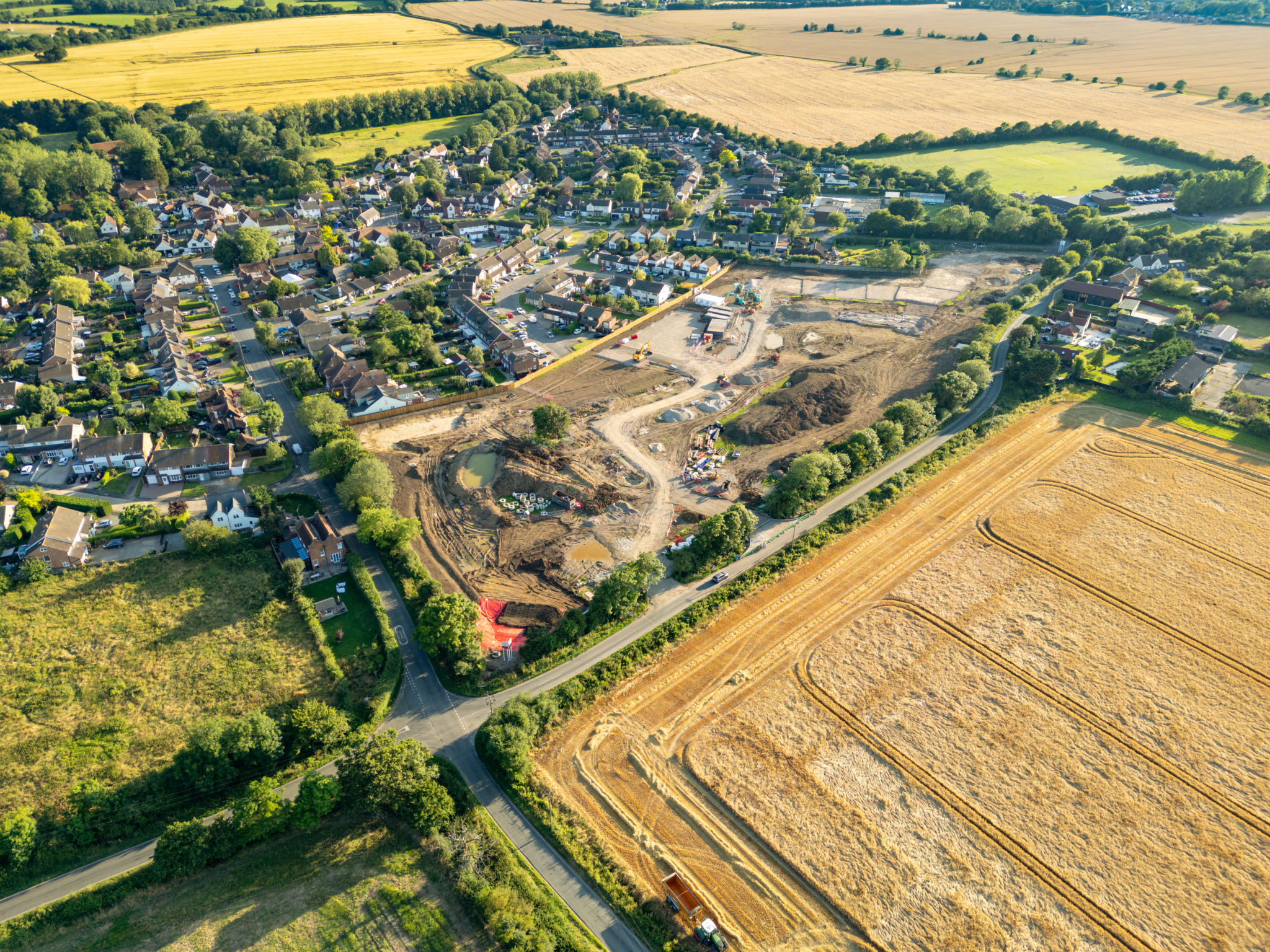Exploring Local Regulations for Fence Installations in New Orleans
Understanding Local Regulations for Fence Installations
When considering a fence installation in New Orleans, it's crucial to understand the local regulations that govern such projects. These regulations are designed to ensure safety, preserve the aesthetic of neighborhoods, and respect historical landmarks. By being informed, you can avoid potential fines or the need to remove non-compliant structures.
New Orleans has a unique charm, with its blend of historical and modern architecture. This diversity is reflected in its fencing regulations, which aim to protect the city's character. Whether you're a homeowner or a business owner, understanding these rules is essential before starting any fence installation project.

Permits and Approvals
Before installing a fence in New Orleans, you typically need to obtain a permit. The Department of Safety and Permits is the main body responsible for issuing these permits. It's advisable to check with them regarding the specific requirements for your area, as they can vary depending on the neighborhood's zoning laws.
In some cases, especially in historic districts, you may also need approval from the Historic District Landmarks Commission (HDLC). This approval ensures that the new fence aligns with the historical significance of the area. Failing to obtain the necessary permits and approvals can result in delays or additional costs.

Design and Material Restrictions
New Orleans' fencing regulations often include specific guidelines on fence design and materials. These guidelines are in place to maintain the visual harmony of neighborhoods. Common restrictions might involve the height of the fence, the materials used, and even the color.
For instance, wrought iron fences are popular in many areas of New Orleans due to their durability and classic appearance. However, if you prefer a wooden fence, there may be restrictions on the type of wood or treatment used to ensure longevity and aesthetic compatibility.

Height Limitations
The height of your fence can significantly affect both privacy and compliance with local laws. In most residential areas, fences are typically limited to six feet in height. However, fences in front yards may have lower height restrictions to preserve sightlines and community aesthetics.
Consulting with Professionals
Given the complexity of these regulations, consulting with a professional fencing contractor can be beneficial. Experienced contractors are usually familiar with local regulations and can help you navigate the permit application process. They can also provide valuable advice on design choices that comply with local guidelines while meeting your needs.
Working with a professional not only ensures compliance but also enhances the quality of your installation. They can recommend materials and styles that complement your property and neighborhood while staying within regulatory boundaries.

Common Challenges and Solutions
One of the common challenges homeowners face is understanding where their property lines are located. Accurate knowledge of property boundaries is crucial to avoid disputes with neighbors and ensure compliance with local zoning laws.
If you're uncertain about your property lines, it may be wise to hire a surveyor before beginning your project. This step can prevent costly mistakes and ensure that your fence is installed within your legal property limits.
By thoroughly researching local regulations and consulting with professionals when necessary, you can ensure a smooth fence installation process in New Orleans. This preparation helps protect your investment and contributes to maintaining the city's unique architectural heritage.